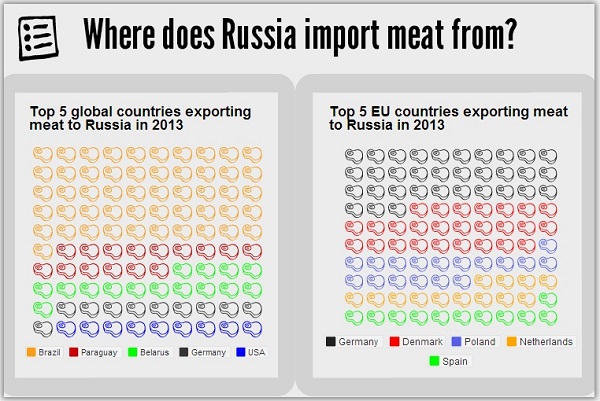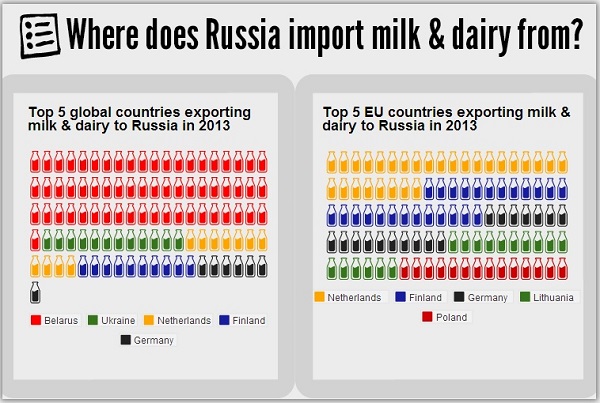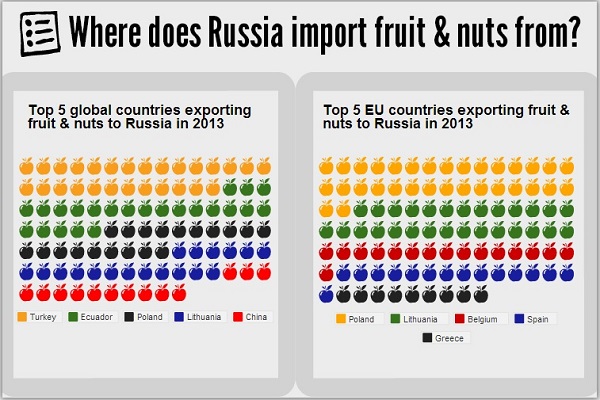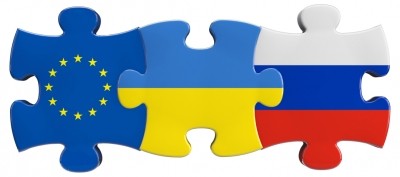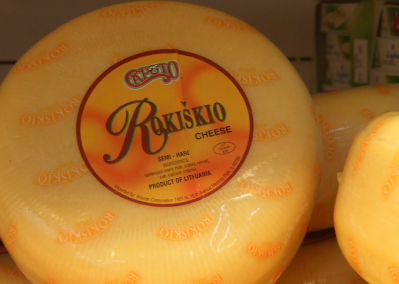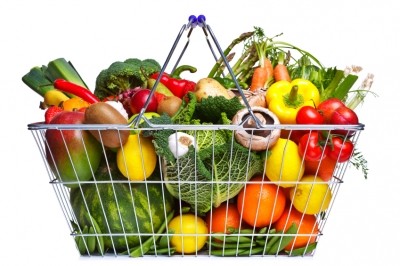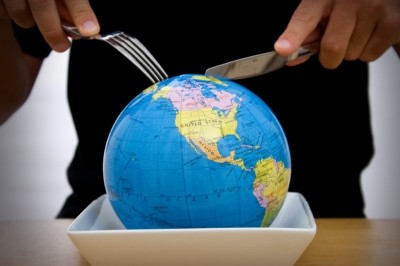Data Blog: The figures behind Russia’s food ban
Russian sanctions could cost EU industry more than €5 billion in exports
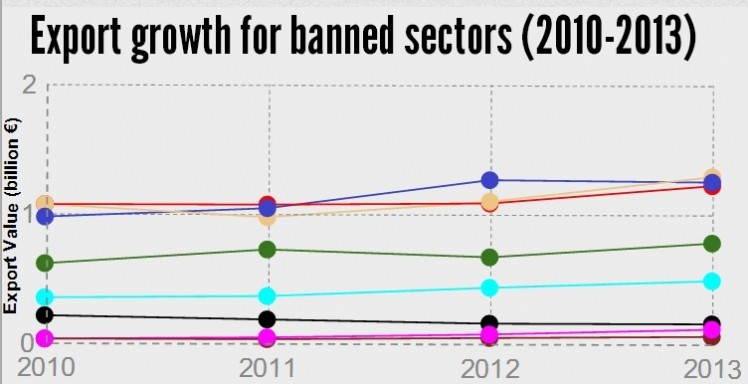
The recent ban on exports of food products from EU member states could have dire consequences for European exporters and producers of foods in the categories that are now facing a one year ban on exports to the Russia.
While government's and industry bodies have attempted to play down the importance of the Russian market in some key segments, it is clear from recent trade data analysed by FoodNavigator that the sanctions will have an impact - with some EU countries facing the prospect of losing hundreds of millions of euro's worth of export trade.
It is worth noting that Russia is the EU's second biggest export market, with total food exports amounting to €12.2bn in 2013. However, the new export sanctions will only affect certain food categories, which according to our analysis of UN trade data totalled just over €5.3bn in 2013.
Export growth on hold?
Before the ban came in to place, EU industry had seen strong growth in exports to Russia in recent years. In fact, exports to Russia increased by more than €1bn (23.75%) in the banned categories between 2010 and 2013.
The ban affects nine main food areas, with imports restricted on some or all the categories in each area. A full breakdown of what food categories are affected, including international trade HS codes can be found in our initial coverage of the Russian sanctions.
Of the nine sanctioned categories, the three largest in terms of value are ‘Meat and Animal Products’, ‘Milk and Dairy’ and ‘Fruit and Nuts’ – which were worth a combined €3.75bn to the EU in 2013 and accounted for just over 70% of all exports to Russia in the now forbidden export categories.
The largest growth areas between 2010 and 2013 in terms of relative growth were sausage products (220% growth) and finished products including cheeses and vegetable oils (228% growth). However these categories are much smaller in terms of total value than others, and as such only represented just over 11% (€116m) of the total growth in food exports to Russia.
The largest growth in real terms was seen in the export of 'Fruit and Nuts', with a €291m rise in exports between 2010 and 2013 (accounting for 28.6% of all export growth in the period) - suggesting that producers and exporters of such products may be some of the worst hit by the current sanctions.
Meanwhile, the export of fish and seafood to Russia fell by more than 27% in recent years, having accounted for just under 5% of total exports in banned categories in 2010 but just 3.8% in 2013.
More category specific details can be found in our infographic below.
Which countries will be hit hardest?
Analysis of trade data by countries supplying Russia with products from the three main groups that are worth most to EU producers (Meat and Animal, Milk and Dairy, Fruit and Nuts) suggests Germany, Lithuania, the Netherlands, Poland and Denmark could be the worst hit by the trade sanctions. In fact, Poland is facing the prospect of losing out on well over half a billion euros (€604m) worth of exports to the Russian market in just these three major categories, while Lithuania is the second biggest exporter to Russia in these product groups - with exports worth more than €460m to its economy.
Breaking this down by category, trade data shows that for Meat and Animal Products, the top EU exporters to Russia are Germany (€253m), Denmark (€204m) and Poland (€131m). However, global exports to Russia in this product group are dominated by Brazil (worth €1.2bn) - with Paraguay (€392m) and Belarus (€380m) completing the top three exporters worldwide. These three countries, all of which are unaffected by the trade sanctions, supply almost 50% of Russia's imported meat and animal products - with Brazil alone supplying more than 40%.
For Milk and Dairy the top EU exporters to Russia in 2013 were the Netherlands (€256), Finland (€237m) and Germany (€157m). As with the previous category, however, global exports to Russia are dominated by a non-affected country - with Belarus supplying €1.4bn worth of Milk and Dairy products to Russia in 2013.
In Fruit and Nuts, the top EU countries to export to Russia are Poland (€337m), Lithuania (€307m) and Belgium (€169m). On a global basis, the top exporters of these products to Russia are Turkey (€460m) and Ecuador (€407m), which along with Poland, Lithuania, and China (€235m) make up the top five global exporters of the banned Fruits and Nut categories to Russia.
Based on this 2013 data FoodNavigator has also estimated that other countries affected by the Russian sanctions could stand to lose a combined €750m worth of exports in just the main three categories analysed. According to the UN trade data, of those non-EU countries affected, the US stands to lose at least €412m in exports - mainly from the Meat and Fruit & Nut categories, while over the three product groups Canada stands to lose €187m worth of exports and Australia could be hit by €157m in lost exports.
